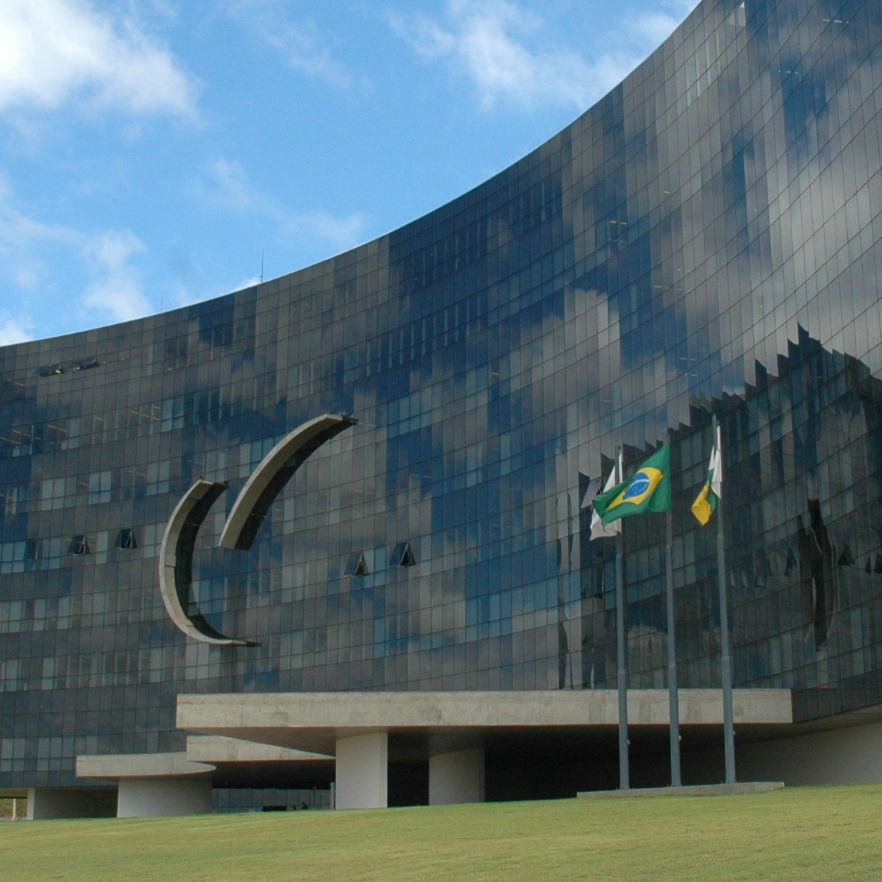Telefónica/Phorm: competition, internet and data protection in a single case
On the last public hearing of 2011, the Administrative Council for Economic Defense (CADE) cleared, by a majority decision, a partnership between Telefónica and Phorm. In a single case, CADE dealt with a number of hot topics in Brazilian antitrust and consumer protection law: markets affected by the internet, consumer data protection, two-sided platforms and merger remedies.
Online advertising services: two-sided platform
Telefónica is a provider of mobile and landline telephone service; internet access and content; and cable television. The partnership with Telefónica allows Phorm to offer its behavioral online advertising platform composed of BIX (Brazilian Internet Exchange) and navegador softwares in Brazil. BIX is a platform that brings together publicity space (publishers/networks) and advertisement campaigns (advertisers/agencies). Navegador is the browser made available to Telefónica’s internet client database and as Telefónica’s consumers surf the internet, if their browsing preferences match the advertisers/agencies’ campaigns, the software serves the relevant advertisement to the consumer.
CADE’s majority
The Reporting Commissioner’s opinion cleared the transaction without restrictions based on the argument that the transaction would only give rise to a limited vertical integration between Telefónica’s website (terra.com) and Phorm’s online advertising services. The Reporting Commissioner defined the relevant product market as “online advertising” and the geographic scope as the Brazilian territory. As described, this market includes several large players, such as Google and Facebook that account for approximately 55% and 20% of Brazilian pageviews, respectively.
The opinion was followed by the majority of CADE’s Commissioners, with the exception of CADE’s President at the time1.
The Dissenting opinion
CADE’s President pointed out that Phorm had a similar partnership with another major Brazilian telephone and internet access provider: Oi Group2. Telefónica and Oi Group, combined, are responsible for 55% of all high speed internet access in Brazil.
Looking at the two partnerships, CADE’s President concluded that competition on the online advertising market would be reduced, since Telefónica and Oi Group would no longer compete to offer their client database to publishers or advertisers. All would be available at Phorm’s platform. CADE’s President also compared Telefónica’s and Oi Group’s client database to an essential facility, since other companies would not be able to replicate this amount of consumer information.
To remedy the situation, CADE’s President suggested that Phorm cancelled one of the two partnerships.
Consumer data protection
The case file also included submissions by public sector parties such as the Department for Consumer Protection within Brazil’s Ministry of Justice (DPDC) as well as private companies such as Microsoft, Yahoo, Google, Globo.com and Universo Online (UOL).
The Consumer Protection authority informed CADE that Phorm is under investigation for its navegador software since 2010. DPDC argued that Phorm’s platform raises a number of consumer privacy issues, particularly the possibility of monitoring half of all Brazilian online consumers directly at the internet access provider database.
The investigation of Phorm is part of a larger trend in Brazilian consumer protection law. In 2011, DPDC initiated proceedings against Sony (May 2011, for its Playstation Network) and Facebook (June 2011, for its facial recognition technology) – decisions are still pending in both cases. Also last year, DPDC concluded a public consultation on a draft bill on privacy and data. The assessment of the 700-plus submissions is still ongoing and a revised version of the draft bill is yet to be made public.
_________________________________________________________________________________________
1 Former President of CADE, Fernando Furlan, finished his 4 year term on 17 January 2012.
2 The transaction was cleared with restrictions by CADE in October 2010.














(1).jpg)




.jpg)










.jpg)




